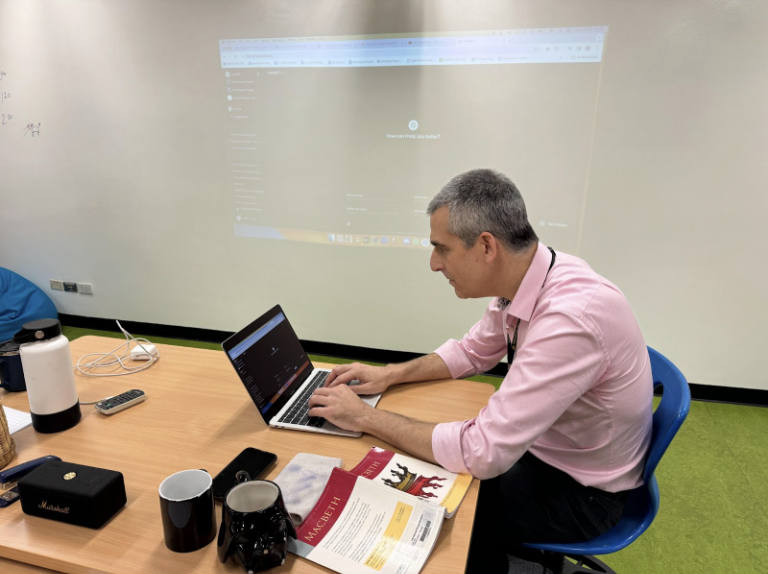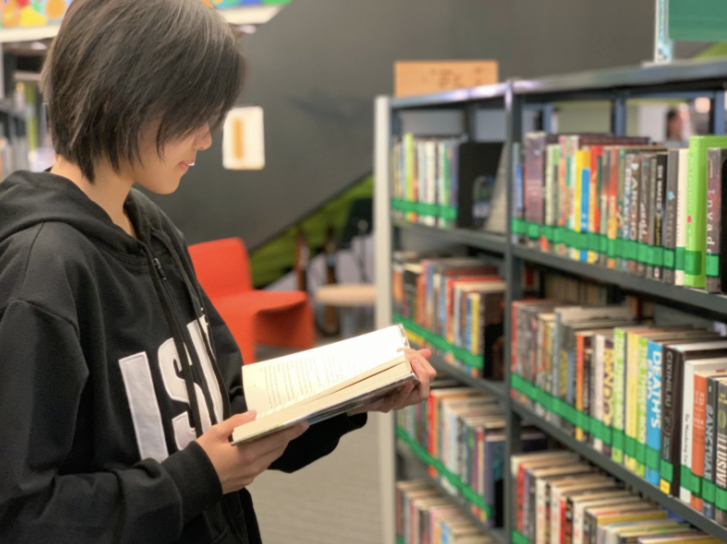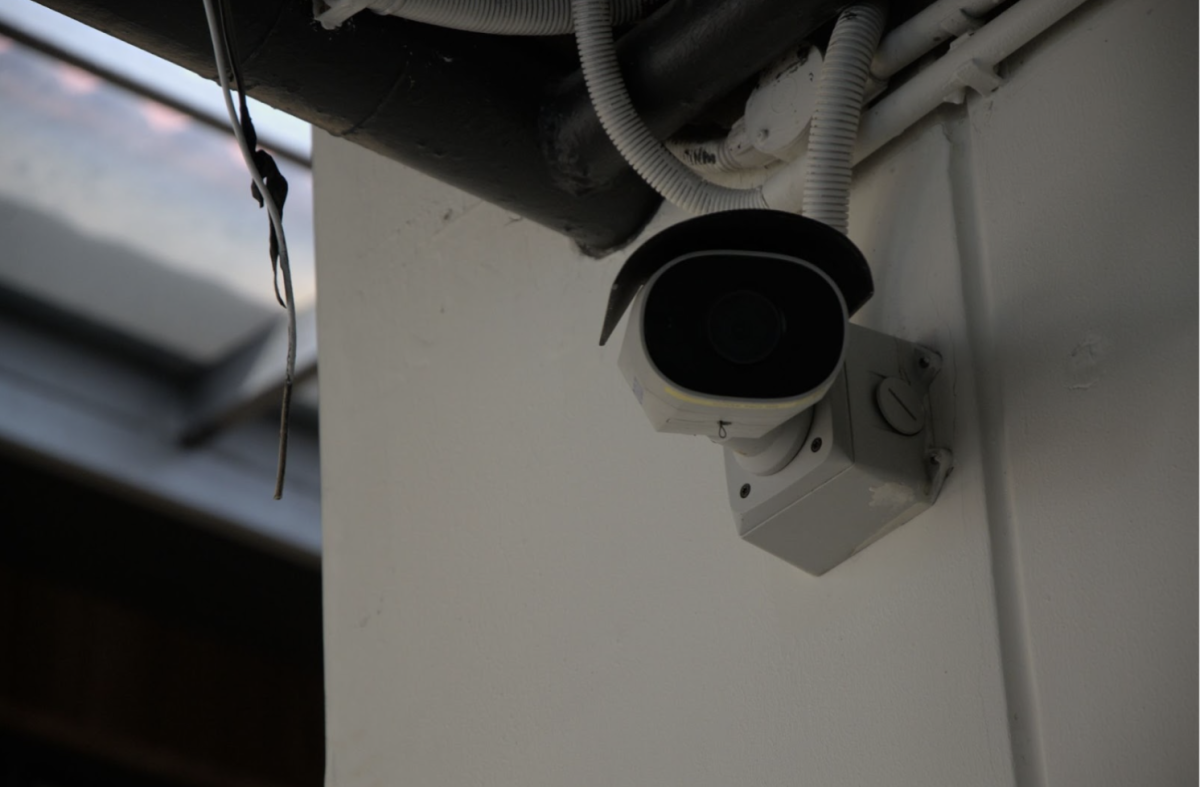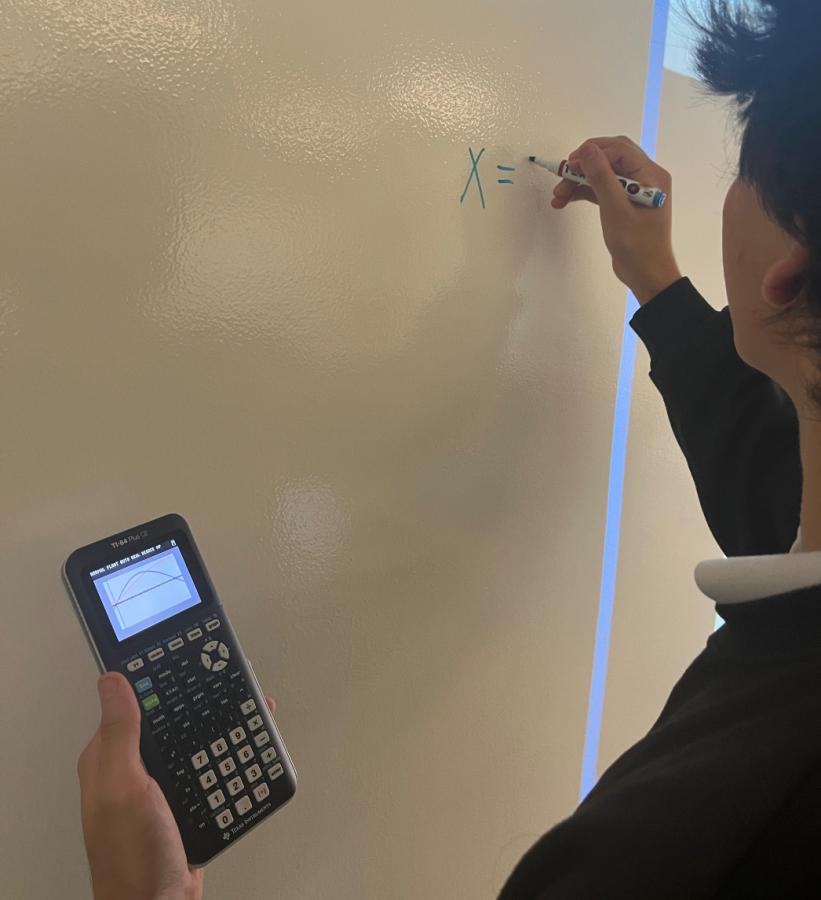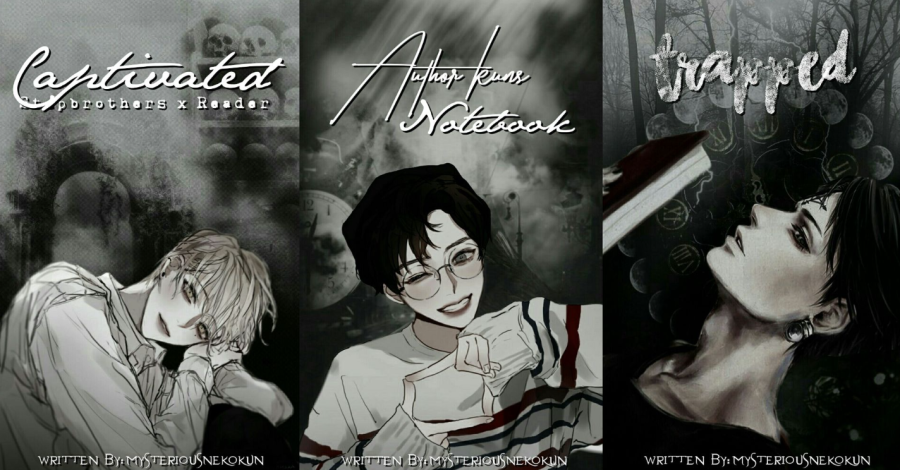“Explain the theory of relativity in terms suitable for high school students?” “What is the iambic pentameter in poetry?” “What were some main causes of WW2?”. In the past two years, you’ve probably typed prompts like these into your computer at some time or another. And if you haven’t, you likely need to catch up. ChatGPT, released on Nov. 30, 2022, is an AI chatbot developed by OpenAI. Ever since its release, it has captivated audiences globally. But more specifically, the release of this AI chatbot has significantly impacted education globally.
ChatGPT serves as an invaluable tool for students nowadays. Its ability to work as a writing coach or a math mentor with a simple prompt makes it a must-have resource for every student. Students can also adjust their queries to their liking, making ChatGPT customizable.
As a student, I have directly experienced the significant advantages of this program. Whether grappling with a challenging math problem or seeking clarity on concepts like mitosis, ChatGPT has consistently been a reliable support, ready to ease the educational challenges we all face.
“I like to use it when we talk about when you’re stuck,” says ISB English teacher Andrew Cohen, who will leave the school next year to merge his experience as an IB teacher with his passion for AI in a role at an educational company. “We can use AI to get unstuck.”
At the time of his interview, he and fellow ISB English teacher David Giles had just recently finished lecturing at United World College about the use of AI in education. “If it knows more than you about a given topic, I think it’s a good resource,” says Mr. Cohen.
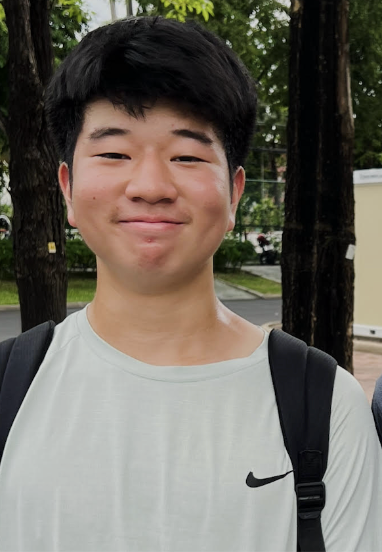
The potential of artificial intelligence in an educational context is vast and varied. From helping understand a complex concept to providing a step-by-step guide on how to solve a particular mathematical question, the usefulness of ChatGPT is endless. Titan Withunchettanan, a sophomore STUCO president, says ChatGPT has enhanced his learning experience by being like a tutor. “Like in English class, when writing an essay, whenever I don’t know a word, I use ChatGPT to ask for synonyms or ask them for feedback on how I can improve my writing.” He says it’s just as effective for math purposes. “For example, if you need big data, you can use it to analyze big data and prove theory,” he says.
The excitement about ChatGPT is primarily focused on how it can positively aid student learning, but it also poses significant advantages for teachers in terms of leading student learning. “I think from the teaching standpoint, ChatGPT can help with a couple of things,” says Mr. Cohen. “One, it can help with feedback. It can collate massive amounts of information. Like you can dump all the student papers in and ask it to look for patterns. And you can give really quick general feedback to a whole class.”
Ram Mahadevan, an ISB teacher specializing in cybersecurity, says that he uses ChatGPT so often that it is “almost like an assistant to me at this point.” He says that he uses it to generate lesson ideas or even to perfect his planning. “So whenever I need an idea for a lesson or I want to tweak a lesson, I kind of ask it,” he says. “Sometimes directly, sometimes I give it the lesson plan I have and I ask it to tweak it so that it can meet a certain objective that I’m trying to meet.” Andrew Cohen at work, photo by author
Mr. Cohen and Mr. Ram, who have successfully incorporated ChatGPT into their teaching, illustrate its potential as a crucial tool in the educational landscape. Not only does it aid teachers in their lesson planning, but it also allows students to extend their knowledge.
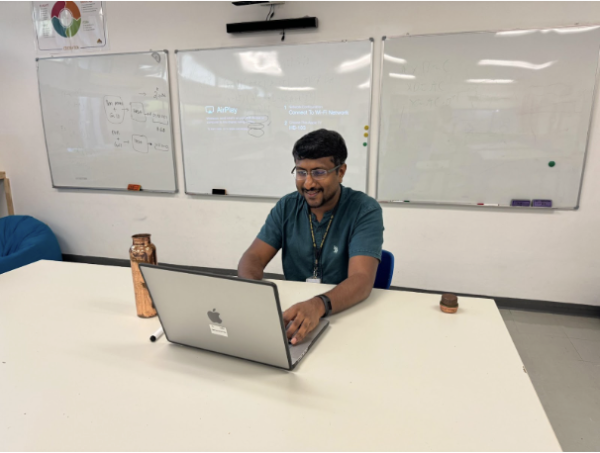
Amid all the limelight that ChatGPT has received due to its ability to give every single student a piggyback ride across a swamp of difficult and daunting school tasks, there are as well many Luddites out there opposing the creation of this revolutionary piece of technology. Those who oppose the use of ChatGPT have every right to be against the AI that is taking over the world out of nowhere. Of course, there will be those who will abuse the powers of ChatGPT and those who won’t. Mr. Cohen also has his thoughts on this topic: “I think that if students are plagiarizing, it makes me question the validity of the task that the teacher has given,” he says. “We have to really think about, you know, there’s no more going home and reading something and answering the comprehension questions. That’s really lower-order thinking.” Or, as Titan Withunchettanan says as he grabs his water bottle, “You gotta like have a limit to it, you know? “Like ChatGPT should … teach you how to fish, not … fish for you. You gotta use it to help you.”

